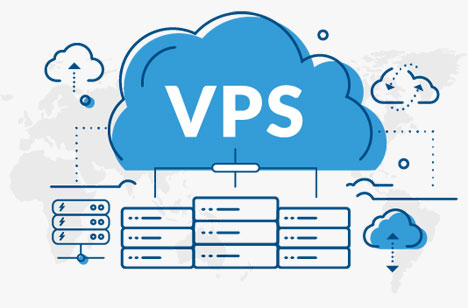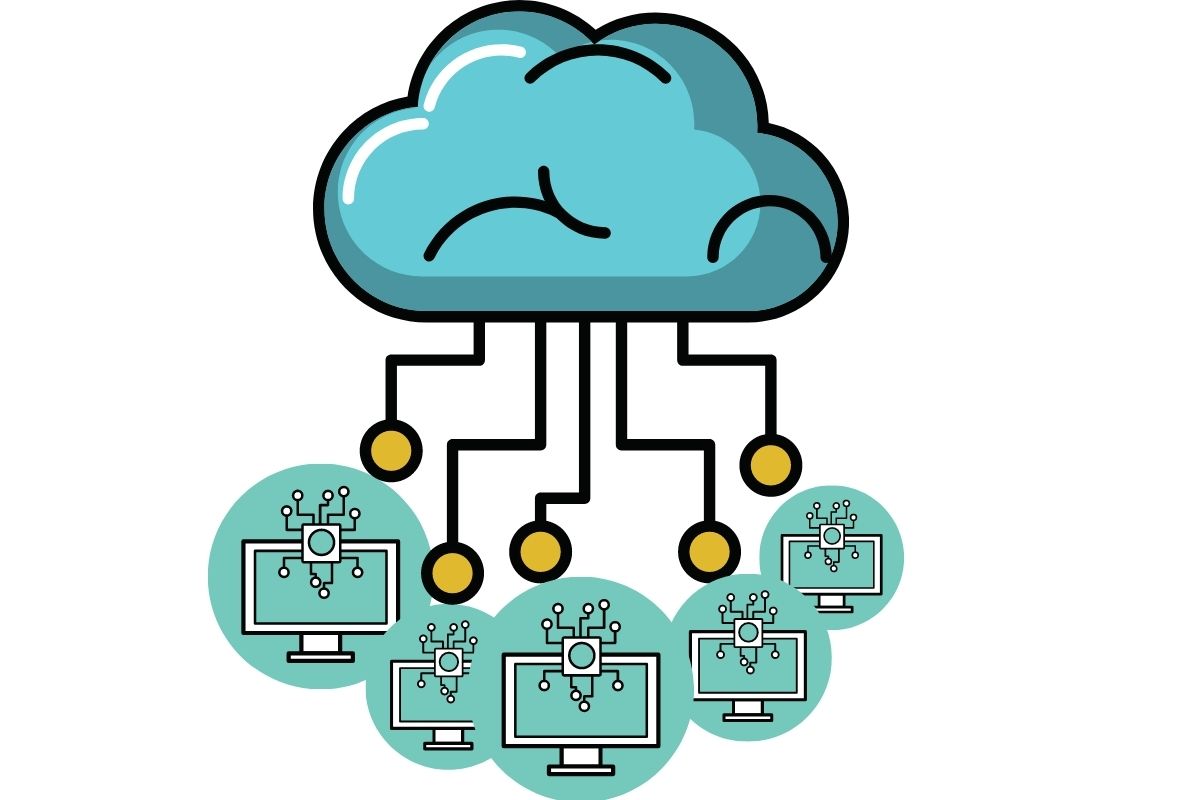Blog
- Home
- Blog
- Cloud Services
- How to Choose the Right Server: Physical Server, Dedicated Server, VPS, and Virtual Server
How to Choose the Right Server: Physical Server, Dedicated Server, VPS, and Virtual Server
April 11,2024
In today's digital landscape, establishing a stable and efficient website is crucial. However, for startups or individual website owners, selecting the appropriate hosting service can be challenging. In this article, we'll explore the differences between physical servers, dedicated servers, VPS, and virtual server from the perspective of website creation and provide a guide for selection.
1.What are Physical Servers (Bare Metal Server) and Dedicated Servers?
Physical Servers: A physical server is a server entirely dedicated to your use. You have full control over the server's resources, including processors, memory, disk space, etc.
Dedicated Servers: A dedicated server involves renting an entire server, but not owning it. You still have all the resources of the server, but you only pay for the rental fee without purchasing the server outright.
2.When to Consider Leasing a Physical Server or Dedicated Server?
When website demands are highly customized and resource-intensive, such as large-scale websites, game servers, or specialized applications, you may need to consider leasing a physical server or dedicated server to achievebetter performance and control.

3.What are VPS (Virtual Private Server) and Virtual server?
VPS (Virtual Private Server): A VPS is an option that partitions a physical server into multiple virtual servers. Each VPS has its own operating system and resources, isolated from each other.
Virtual server: Virtual server is a shared hosting service where multiple users share the same server and resources, including processors, memory, and disk space.
4.When to Choose VPS or Virtual server?
For medium to small-sized websites that require a balance between price and performance, such as brand websites, personal websites, or blogs, VPS or virtual server may be the better choice.

In conclusion, from the perspective of website construction, selecting the right hosting service is crucial for the stable operation and performance of the website. Physical servers and dedicated servers offer higher performance and control, suitable for large-scale websites or specialized applications.
For medium to small-sized websites, VPS or virtual server may offer a better price-to-performance ratio. Whatever your needs may be, it's essential to carefully assess the pros and cons of different hosting services to find the solution that best fits your requirements.
1.What are Physical Servers (Bare Metal Server) and Dedicated Servers?
Physical Servers: A physical server is a server entirely dedicated to your use. You have full control over the server's resources, including processors, memory, disk space, etc.
Dedicated Servers: A dedicated server involves renting an entire server, but not owning it. You still have all the resources of the server, but you only pay for the rental fee without purchasing the server outright.
2.When to Consider Leasing a Physical Server or Dedicated Server?
When website demands are highly customized and resource-intensive, such as large-scale websites, game servers, or specialized applications, you may need to consider leasing a physical server or dedicated server to achievebetter performance and control.

3.What are VPS (Virtual Private Server) and Virtual server?
VPS (Virtual Private Server): A VPS is an option that partitions a physical server into multiple virtual servers. Each VPS has its own operating system and resources, isolated from each other.
Virtual server: Virtual server is a shared hosting service where multiple users share the same server and resources, including processors, memory, and disk space.
4.When to Choose VPS or Virtual server?
For medium to small-sized websites that require a balance between price and performance, such as brand websites, personal websites, or blogs, VPS or virtual server may be the better choice.

In conclusion, from the perspective of website construction, selecting the right hosting service is crucial for the stable operation and performance of the website. Physical servers and dedicated servers offer higher performance and control, suitable for large-scale websites or specialized applications.
For medium to small-sized websites, VPS or virtual server may offer a better price-to-performance ratio. Whatever your needs may be, it's essential to carefully assess the pros and cons of different hosting services to find the solution that best fits your requirements.
Article Classification
Recent Articles
- Introduction to AI Chatbots: NLP, Deep Learning, and Application Scenarios
- Security Threats in the Generative AI Era: Prompt Injection, Data Leakage, and Protection Strategies
- The Future of Live Streaming: AI, Real-Time Translation, and Metaverse Concerts
- What is a CDN? Industry Applications and Acceleration Benefits
- 5 Practical AI Tools to Boost Work Efficiency: Essential Digital Assistants for Smarter Work
